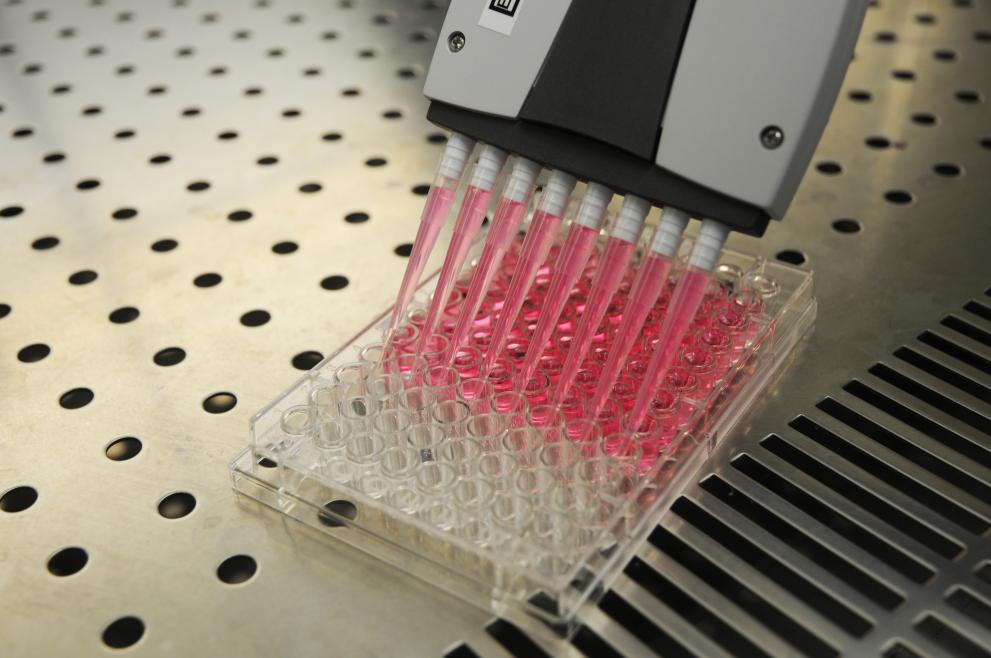
JRC scientists have studied in vitro short and long-term effects of a model cardiotoxicant on mitochondrial function of human cardiomyocytes with the ultimate aim of defining biomarkers that could help in predicting potential cardiotoxic effects induced by chemicals upon acute and repeat dosing.
Doxorubicin (DOX), an antitumor antibiotic, has been shown to cause acute and delayed cardiotoxicity in humans. Cellular mechanisms such as the production of reactive oxygen species (ROS), binding to and damaging of the DNA, inhibition of topoisomerases, perturbation of calcium homeostasis, and binding to and damaging of mitochondria, could contribute to DOX-induced cardiotoxicity. Furthermore, mitochondria have been suggested to be critically involved in the early increase in production of ROS and the development of cardiac dysfunction.
JRC scientists at the EU Reference Laboratory for Alternatives to Animal Testing (EURL ECVAM) assessed the effects of DOX on mitochondrial characteristics of human cardiomyocytes obtained from induced pluripotent stem cells (iPSCs). This work was part of the DETECTIVE (Detection of endpoints and biomarkers of repeated dose toxicity using in vitro systems) consortium of the SEURAT-1 cluster (http://www.detect-iv-e.eu/). Both single and repetitive dosing was used, including washout studies to assess delayed effects, after which surviving cell numbers, mitochondrial density, mitochondrial membrane potential, mitochondrial superoxide levels and mitochondrial calcium levels were assessed using high content imaging techniques.
This study showed that a late decrease of cell number occurs as a consequence of DOX treatment, suggesting that (delayed) cell death may be a relevant in vitro endpoint for assessing chemical-induced cardiotoxicity. In addition, other in vitro endpoints, such as the assessment of mitochondrial characteristics, combined with functional parameters (e.g., electrophysiology, calcium flux measurements and mitochondrial respiration), and structural parameters, may serve as in vitro biomarkers suitable to screen chemicals for their potential to cause cardiotoxicity.
Read more in: J. Louisse et al.: "Assessment of acute and chronic toxicity of doxorubicin in human induced pluripotent stem cell-derived cardiomyocytes" Toxicology in Vitro 42 (2017) 182–190, doi:10.1016/j.tiv.2017.04.023
Related Content
Details
- Publication date
- 10 October 2017
